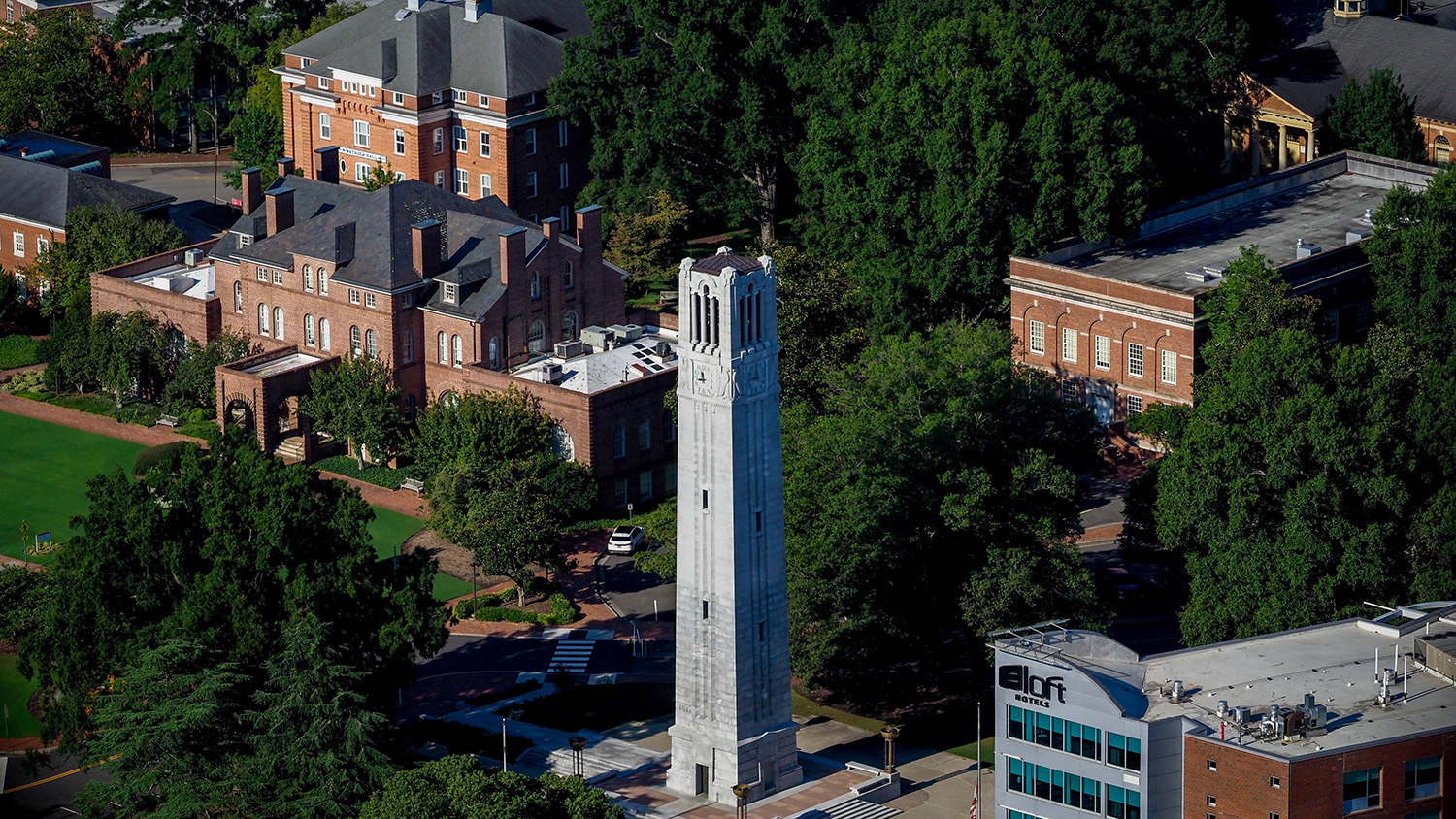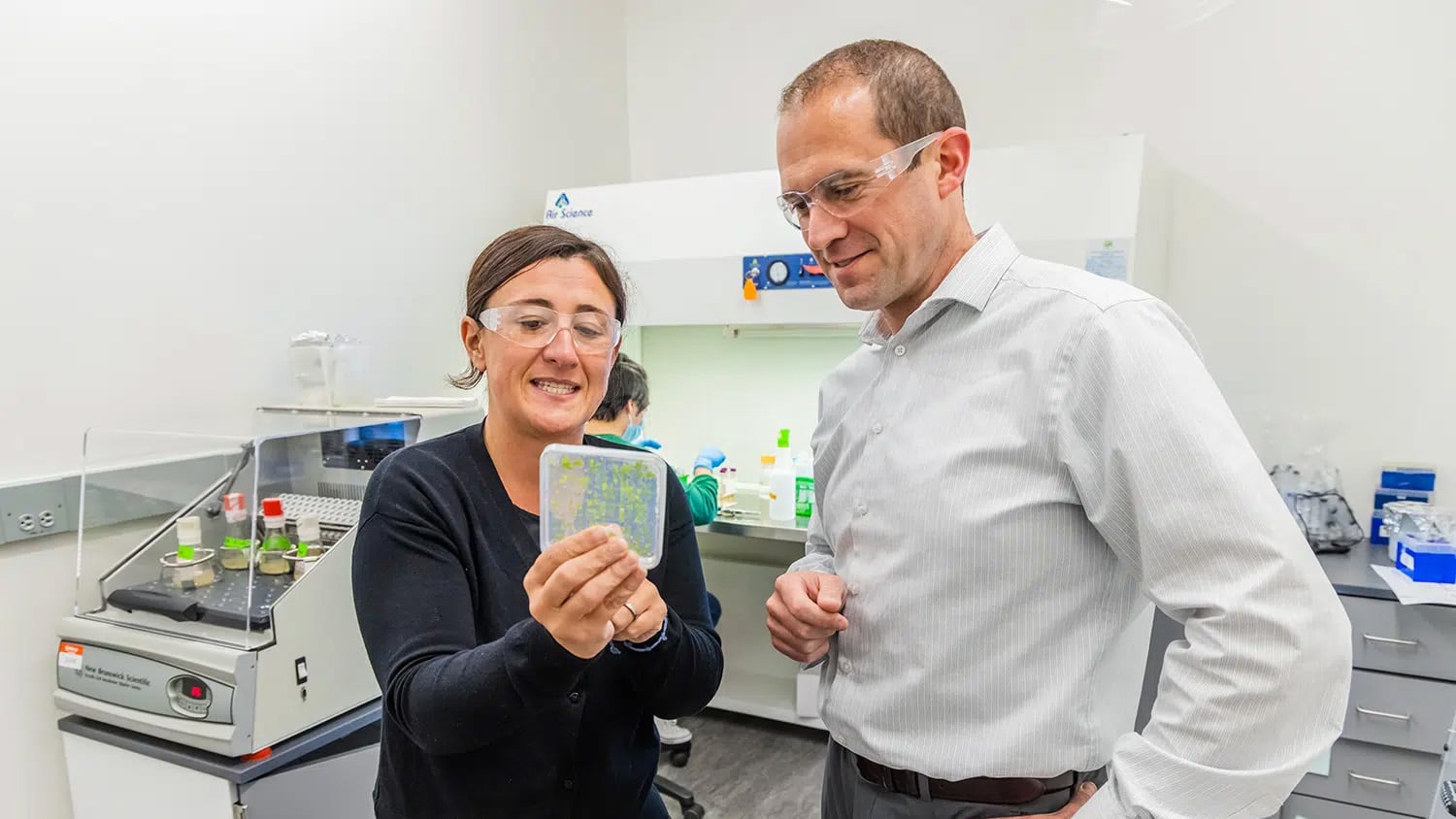NC State Works To Increase Interest In STEM Careers For Minority, Rural Students
Students who grow up in small, rural towns do not have the same exposure to high-tech jobs as their “big city” counterparts and may not be aware of what it takes to be a rocket scientist or video-game programmer. With an increasing need for workers to fill science, technology, engineering and mathematics (STEM) careers in the United States, educational researchers at North Carolina State University are finding ways to reach students at a time in their lives when research has shown they are most likely to consider careers in STEM fields.
“Those of us who live in larger cities take for granted the exposure we have to high-tech jobs. We have neighbors and friends who work in various STEM fields. But children who live in rural towns do not have that same exposure,” says Dr. Margaret Blanchard, assistant professor of science education. “We hope by increasing students’ awareness of STEM careers, along with giving them ‘role models’ of people within that field, we’ll have a higher likelihood these students will pursue STEM careers.”
Blanchard is teaming with other NC State faculty to work strategically with leaders, teachers and students in rural North Carolina. These “STEM Teams” will build a virtual bridge from isolated middle schools in northeast North Carolina to high-tech university resources. They will provide professional development to enhance STEM content knowledge and skills, and promote student interest in STEM careers. Fueled by a nearly $1.2 million grant from the National Science Foundation (NSF), the researchers will track 60 sixth-grade students for three years – throughout their middle school careers – as well as all the STEM teachers and leaders in four rural North Carolina districts – Bertie, Northampton, Warren and Weldon. An additional district in the region, Hertford, will receive similar resources but not participate in the related professional development, to serve as a “comparison” district. The hope is to garner additional funding to follow the same cohort of students as they enter high school, college, and into their chosen profession.
Students will participate in long-term extracurricular STEM-related activities that encourage college attendance and STEM career paths. Teachers will be supported by an administrative team that will develop a district plan to support and empower teachers to best use instructional technologies to benefit students.
“The North Carolina Mathematics and Science Education Network (NC-MSEN) program at NC State has had wonderful success in encouraging minority student participants to go to college and enroll in STEM majors. We want to get students thinking about careers as a way to help motivate them to succeed in their math, science and technology classes,” Blanchard says. “Currently, 80 percent of students in these rural middle schools are African-American. We want to show the students video clips of African-American, Latino, and female STEM professionals talking about the work they do so that students might better identify themselves in similar roles. Ultimately, we are hoping we can tap into these students’ potential and encourage them to become part of the next generation of STEM professionals.”
While out-of-school programs and STEM-career Fridays will be a part of the program for students, teachers will gain skills with Web 2.0 technologies like wikis and course management systems like Moodle. The researchers will also work with the teachers to update STEM skills and concepts that are connected to the national STEM content standards and school curriculum, with efforts supported by a leadership team. Researchers will evaluate and measure a number of elements to determine the success of the program – from awareness and interest in STEM careers to end-of-grade test scores in STEM subjects.
The project, titled “STEM Teams: Promoting Science, Technology, Engineering and Mathematics Skills, Knowledge, Interest and Career Awareness through Strategic Teaming” is funded through the NSF’s Innovate Technology Experiences for Students and Teachers (ITEST) program. Co-principal investigators include Braska Williams, coordinator of NC-MSEN, and Dr. Tom Alsbury, associate professor of educational leadership.
The Department of Mathematics, Science and Technology Education is part of NC State’s College of Education.
-barnhill-


